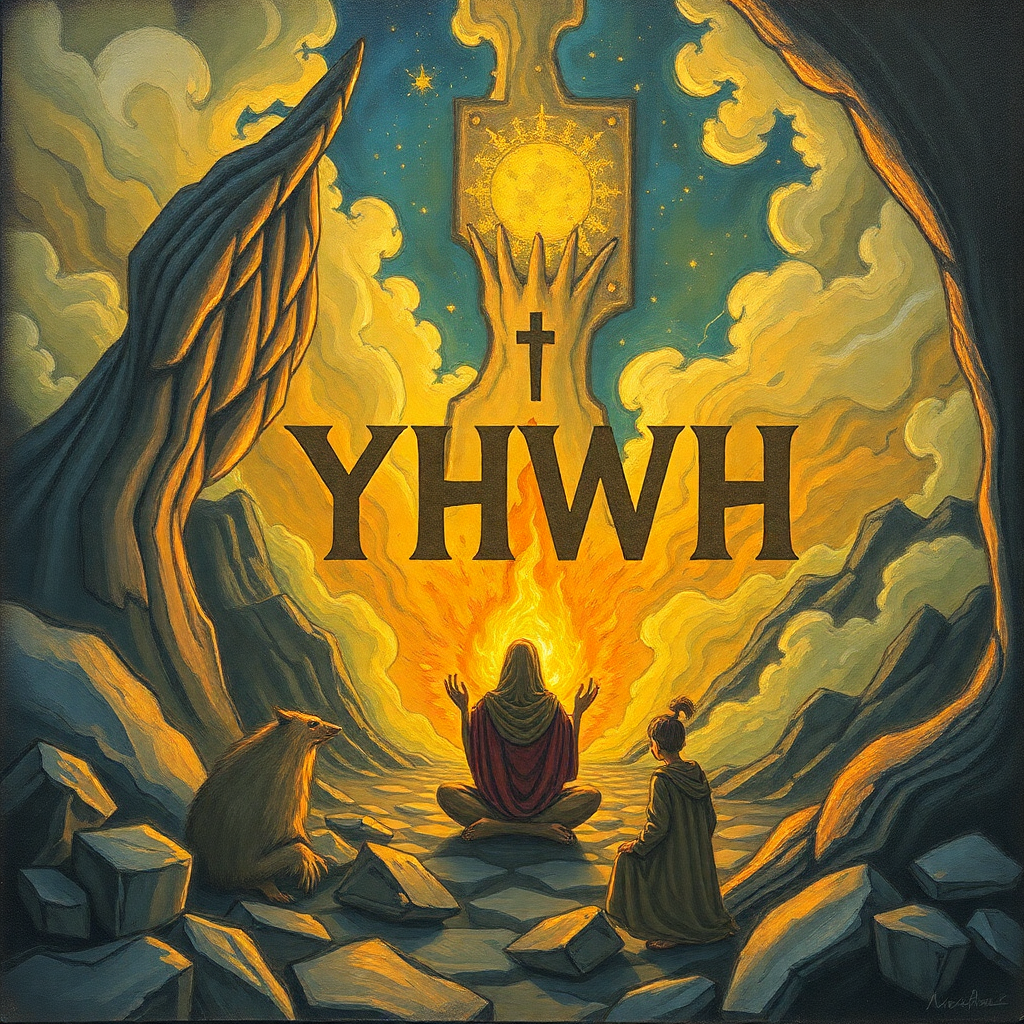What does Isaiah 42:8 mean?
God’s refusal to share His glory emphasizes His unique position as sovereign and supreme. It underscores the belief that worship should be directed solely towards Him, as He alone is worthy.
Isaiah 42:8 is a powerful verse that resonates deeply with themes of divine identity, purpose, and worship. The verse states, "I am the Lord; that is my name! I will not yield my glory to another or my praise to idols."
This declaration encapsulates profound truths about God’s nature and His relationship with humanity. This blog post explores the significance of this verse, its theological implications, and its relevance in the contemporary context.

The Context of Isaiah 42
To fully understand Isaiah 42:8, we must examine the broader context of Isaiah's message. The Book of Isaiah is one of the major prophetic books in the Old Testament, authored by the prophet Isaiah during a time of national crisis for Israel and Judah. The themes of judgment, hope, redemption, and restoration permeate the text.
Isaiah prophesies about the coming Messiah, the servant of the Lord, who will bring justice to the nations. As part of this prophetic vision, chapter 42 introduces the identity and mission of the servant, emphasizing God's overarching plan for His people and the world.
This specific verse appears in a section that establishes God's authority as the singular God and creator. It is a proclamation meant to remind the Israelites of who God is amidst their struggles, particularly as they faced captivity and the allure of foreign idols. Isaiah’s message calls for a return to the recognition of the one true God.
Understanding God’s Name
When God declares, "I am the Lord; that is my name!" it serves as a reminder of His eternal existence and sovereignty. The name "Lord" translates from the Hebrew "YHWH," often referred to as the Tetragrammaton. This name is deeply significant, representing God's covenant relationship with His people. In the biblical tradition, a name encapsulates identity and character; thus, God identifying Himself as "YHWH" asserts His unique and unrepeatable nature.
The name of God emphasizes His transcendence and immanence—He is both beyond human comprehension and profoundly present in human affairs. This understanding is integral to grasping the weight of His statements regarding glory and worship.

The Exclusivity of God's Glory
The latter part of the verse, "I will not yield my glory to another or my praise to idols," is a declaration of God's exclusivity. In a world rife with competing beliefs and practices, this proclamation starkly contrasts the worship of idols, which were prevalent in Isaiah's time and continue to be a temptation for humanity today. Idolatry symbolizes the human inclination to seek fulfillment in created things rather than the Creator.
God’s refusal to share His glory emphasizes His unique position as sovereign and supreme. It underscores the belief that worship should be directed solely towards Him, as He alone is worthy. This aspect of God’s declaration serves as a call for His people to remain faithful to their covenant relationship, resisting the allure of anything that detracts from their devotion to Him.
Idolatry in Contemporary Context
Although we may not encounter physical idols like those in ancient times, Isaiah 42:8 speaks powerfully to modern readers, challenging us to identify contemporary forms of idolatry. Idols can take many shapes in today’s society, including wealth, power, technology, relationships, and even personal ambitions. Anything that takes precedence over our relationship with God can act as an idol, demanding our time, energy, and loyalty.
The call to not yield God's glory to another resonates profoundly in a culture that often prioritizes self-serving desires over divine worship. Isaiah's message invites us to reflect on our lives and assess what we truly honor. Are we giving our attention, praise, and loyalty to transient pursuits, or are we directing those to God, recognizing Him as the source of our existence, purpose, and strength?
The Unchanging Nature of God
Isaiah 42:8 also serves to remind us that God’s character and His demands for worship remain unchanged through time. His commitment to His glory and desire for our undivided worship emphasize His unwavering nature. In a world that is ever-changing, where values and beliefs can shift dramatically, the constancy of God’s identity provides a solid foundation for faith.
This verse reassures believers of God’s sovereignty and the importance of steadfast faithfulness in worship. As believers embrace the truth of Isaiah 42:8, they are called to awe, reverence, and commitment to live out their faith in daily life, ensuring that their lives reflect worship and devotion to the one true God.
Conclusion
As we reflect on this verse, we are encouraged to prioritize our relationship with God, giving Him the honor He deserves while rejecting any false idols that may vie for our devotion. Ultimately, this declaration from God serves not only as a challenge but also as an invitation to live in the fullness of the life He offers, grounded in worship and dedicated to His glory.